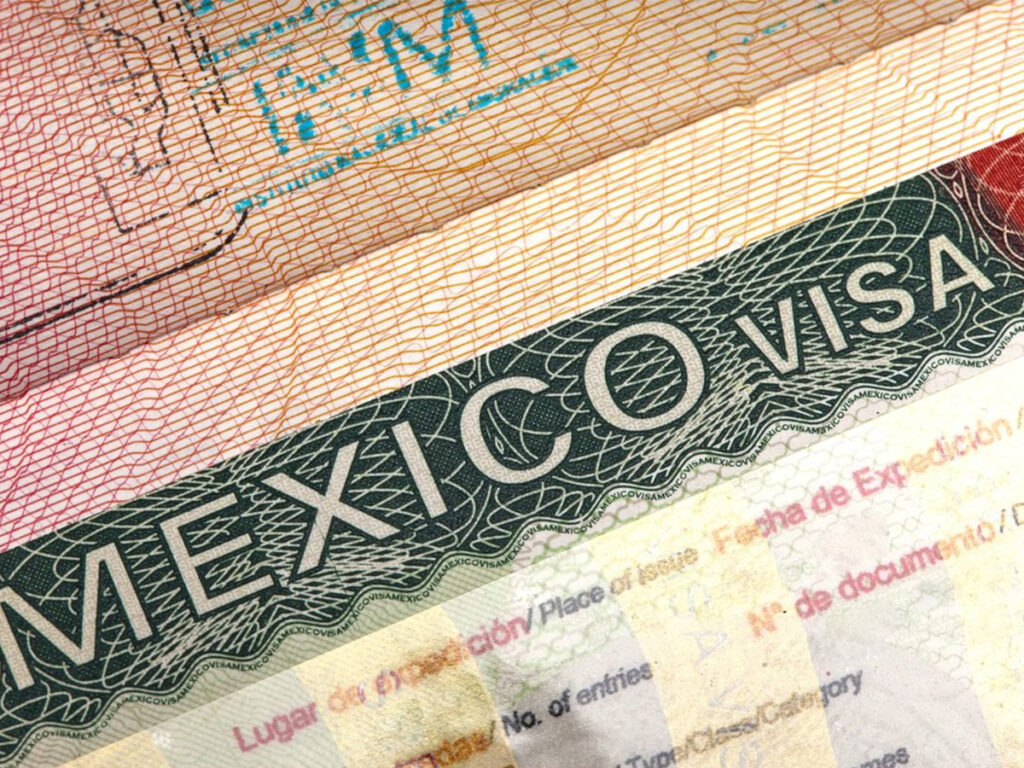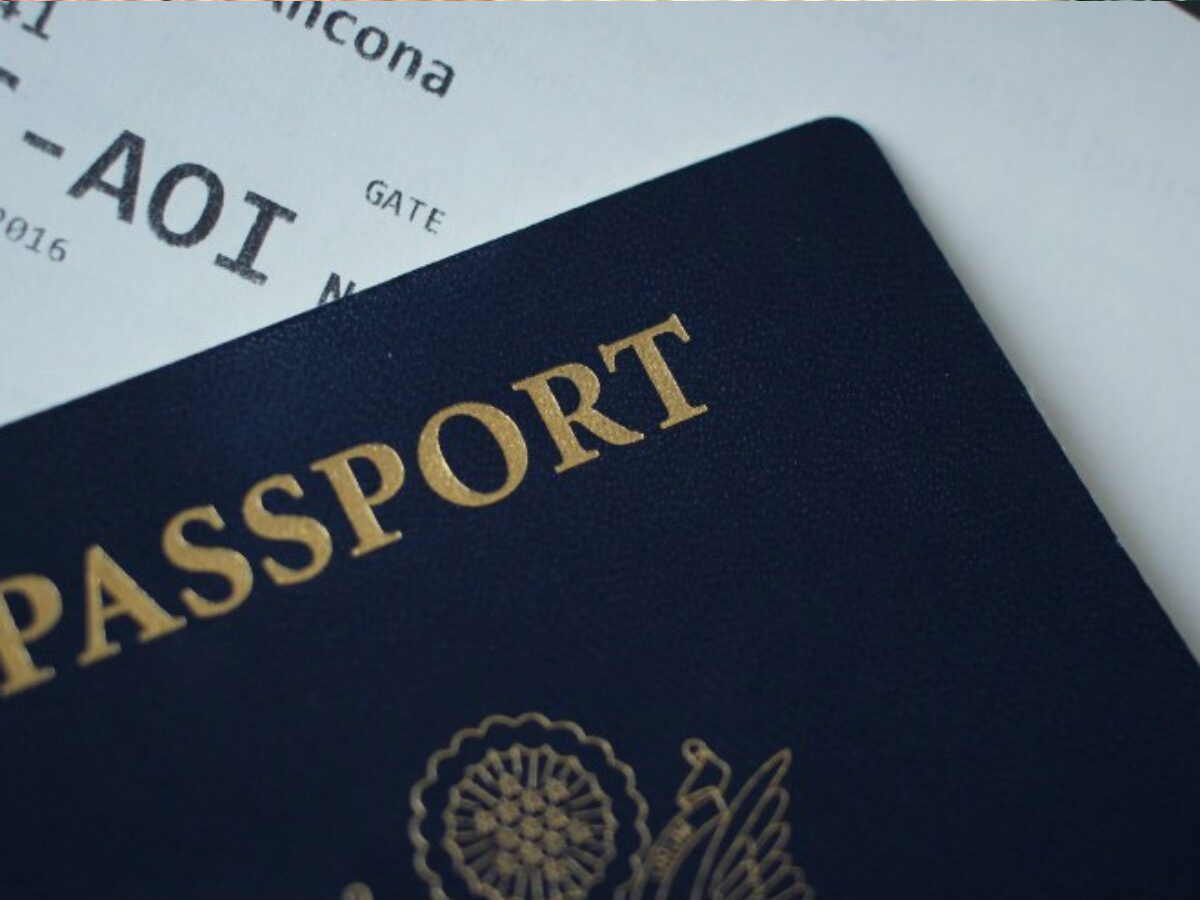About the Immigration Law, all foreigners visiting, staying or carrying out activities in Mexico are subject to Mexican Immigration Law and regulations. Failure to comply with immigration provisions may be punishable by fine, prison and/or deportation. Acts such as signing contracts, bids, permits or other public and private documents performed in Mexico by foreigners not holding the proper visa may be rendered invalid. We will explain the different methods by which foreigners wishing to visit, either for tourism, business, retirement, work, study, or for those seeking permanent residency in Mexico or Mexican citizenship.

The Classifications at the Immigration Law
- Non-immigrant: this is a person who, with the permission from the Ministry of the Interior, enters a country temporarily either as a: (I) tourist; (II) trans-migrant; (III) visitor; (IV) religious minister; (V) political asylum; (VI) refugee; (VII) student; (VIII) correspondent.
- Immigrant: this is a person who is legally in the country with the purpose of settling there, and will become a migrant: (I) an annuitant; (II) an investor; (III) a professional; (IV) a person in a trustworthy work position; (V) a scientist; (VI) a technician; (VII) family members; (VIII) an artist and athlete; (IX) a freelancer.
- Migrant: this is a person who acquires the rights of permanent residency in the country.

The type of permit (visa) assigned and granted by the Ministry of the Interior depends on the Immigration Law. In addition, at the reasons for which the foreigner seeks to enter and remain in the country, which include the following:
- Immigrant Law #1. Visitor Visa WITHOUT permission to participate in income generating activities. It allows the foreigner to remain in the country for no more than 180 days consecutive days from the date of admission. This visa is automatically granted to tourists entering the country.
- Immigrant Law #2. Visitor Visa WITH permission to participate in income generating activities. This authorizes the foreigner to remain in the country for no more than 180 days consecutive days from the date of admission.
- Immigrant Law #3. Visitor Visa for adoption proceedings. This authorizes the foreigner who is following an adoption process in Mexico to remain in the country until the time in which the adoption proceedings have been resolved, the adopted is registered in the Civil Registry as well as receiving a passport and all the necessary paperwork has been issued which guarantees that the adopted is able to leave the country.
- Immigrant Law #4. Temporary Resident Visa. This authorizes the foreigner to remain in the country for a period not exceeding four years. The applicant is entitled to carry out specific activities, either for profit or nonprofit, depending on the classification of the visa. The foreigner must also prove that they have sufficient funds to stay in the country and/or have a steady income.
- Immigrant Law #5. Temporary Resident Student Visa. This authorizes the foreigner to remain in the country for the duration of the academic course they have attested they will be completing in an educational institution that is within the national education system.
- Immigrant Law #6. Permanent resident visa. This authorizes the foreigner to remain indefinitely in the country. This visa will be granted when the applicant fulfills any of the following circumstances: (I) political asylum; (II) the right to preserve the family unit; (III) pensioners who receive a pension from a foreign government and which allows them to live in the country; (IV) four years have passed since the foreigner has had a temporary resident visa (two years if they are legally married to a Mexican spouse or the spouse has permanent residency); (V) when the foreigner’s children were born in Mexico and were nationalized at birth; (VI) for being the lineal descendant to the second degree of a Mexican by birth; and (VII) by decision of the National Migration Institute.

Why Choose Someone in Immigration Law if I can do Myself the Process
Before deciding if you will use a representative to handle your case, you may wonder whether you need it or not. You have probably heard stories of people filling out the forms, paying government fees and obtaining a visa and/or temporary or permanent residence. However, you may also have heard of other people who got their requests rejected and, therefore, make it difficult to get the status updated in the future.

